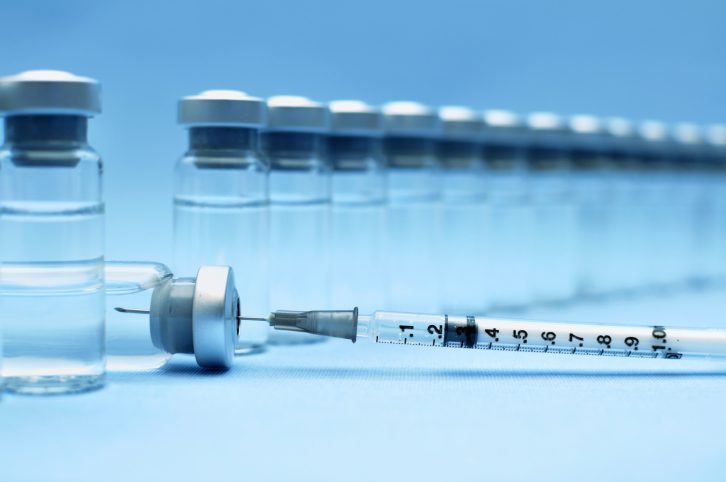Canadian doping tests on hold during COVID-19
Canadian doping control has been put on hold for the foreseeable future.

The Canadian Center for Ethics in Sport (CCES) has placed their doping control testing program on hold until further notice. The CCES made this decision in response to government directives and the postponement of the 2020 Olympic Games. The CCES announced it would limit testing on March 20 before ceasing operations last week.

by Madeleine Kelly
The CCES made the announcement that its testing program would be on hold on March 27.
Athletes will remain in the testing pool
All registered testing pool (RTP) athletes are required to maintain their whereabouts information during this time, despite testing being unlikely.
The honour system
With testing on hold in most countries, athletes are working on the honour system. Beyond out-of-competition testing, the only other form of testing comes from in-competition samples. However, those are also on hold as there aren’t competitions in the near future. For athletes who complete clean, this isn’t an issue. But for those who choose to dope, they could go undetected for the foreseeable future.
RELATED: The shockingly high prevalence of blood doping in endurance track events
How does this affect triathlon?
Triathlon has not had any where near the number of positive tests and drug issues that we’ve seen in cycling or athletics, but that hardly means that the sport is clean. The most famous instance of an athlete being suspended for doping was Germany’s Nina Kraft, who tested positive for EPO after winning the Ironman World Championship in 2004. Since 2011 the Ironman drug testing program has reported 27 sanctions on athletes for anti-doping rule violations – the majority of those sanctions have been against age-group athletes. Last year the ITU sanctioned two age-group athletes for anti-doping infractions.
The suspension of drug testing by the CCES means that triathletes here in Canada won’t be tested during the Coronavirus COVID-19 pandemic. That isn’t just for national team athletes who are part of the registered testing pool – Ironman is part of the World Anti Doping Agency (WADA), which means that its out of competition testing program in Canada would typically be administered by the CCES, too.
Cheating on the rise in track and field
The biological passport was introduced to elite track and field in 2011 to catch cheaters by monitoring changes in their blood samples (which can catch blood doping, the practice of boosting red blood cells for improved athletic performance). A research article in Frontiers in Physiology looked at a total of 3,683 blood samples from the 2011 and 2013 World Championships and analyzed the data on athletes from 209 countries.
The study found are massive discrepancies between countries, meaning that some countries are playing by the rules and others aren’t even making an effort. While the section that compared nations’ rates of doping doesn’t identify these countries by name, it’s clear that elite sport is far from a level playing field. Some nations had a completely clean card, with none of their athletes showing blood doping on their biological passport, while other countries were hitting numbers as high at 74 per cent showing infractions. This was the first study of its kind on blood doping.
While NSOs are doing the best they can, given the circumstances, it’s increasingly difficult to enforce the rules. This disadvantages the hard-working clean athletes and serves those who cheat.
This story originally appeared on the Canadian Running Magazine website.
